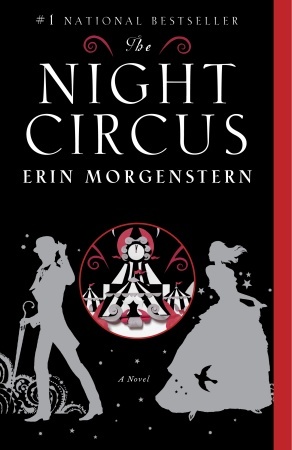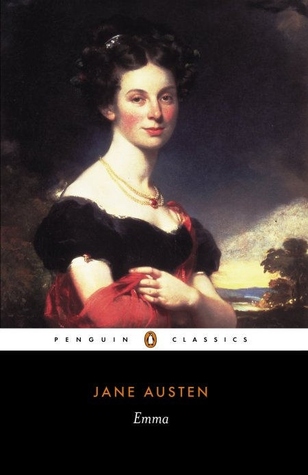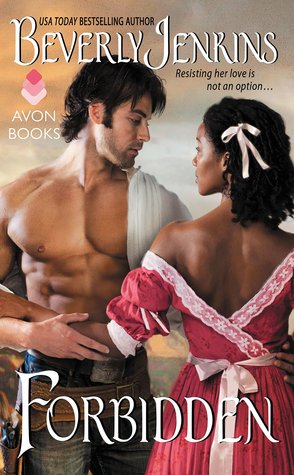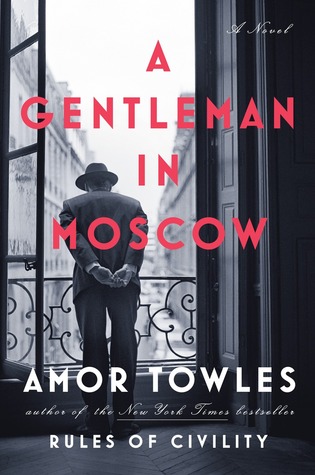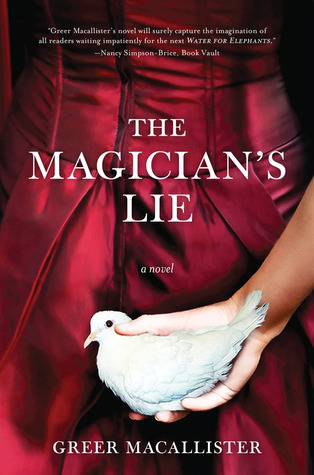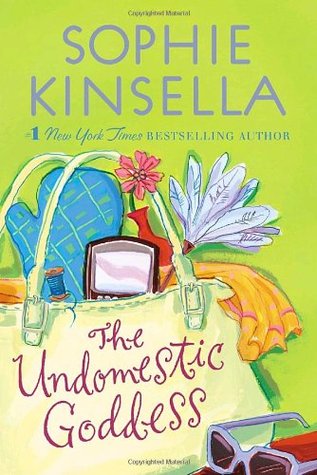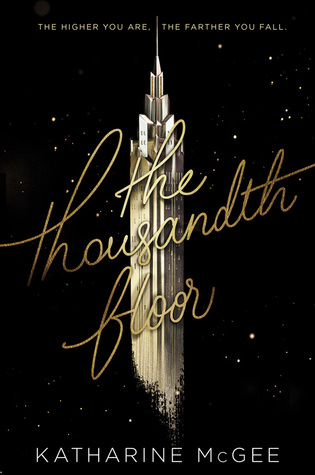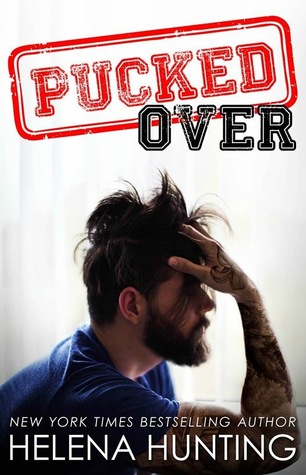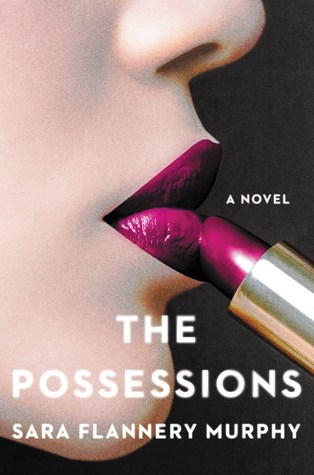 The Possessions was my Book of the Month choice for February 2017. (I also got Pachinko by Min Jin Lee, but this was my "primary" book, if that makes sense.) The description, about a woman who earns a living by letting the souls of the dead possess her so their loved ones can speak to them again, was intriguing. The potential added murder-mystery-suspense element added additional promise.
The Possessions was my Book of the Month choice for February 2017. (I also got Pachinko by Min Jin Lee, but this was my "primary" book, if that makes sense.) The description, about a woman who earns a living by letting the souls of the dead possess her so their loved ones can speak to them again, was intriguing. The potential added murder-mystery-suspense element added additional promise.Our heroine, Eurydice, works for the Elysian Society. By wearing an item that belonged to the deceased and swallowing a pill called a "lotus," Edie (as she's known) can step away from her body, letting the spirit of the deceased person speak once again. This is a service sought by those who want to reconnect with their lost loved ones--though no one in the Society ever seems to question if the loved ones want to come back, other than by refusing to work with those who seek to "bring back" someone who committed suicide. She's the longest-running employee of the Elysian Society, and uses the emptiness of the position to hide from a past of her own. One of her new clients comes to the Society to visit his wife, who drowned under mysterious circumstances two years before, and Edie finds herself strangely drawn to him, to the point that she begins risking her job and her well-being by sneaking lotuses out of the Society and going to him as his deceased wife in other circumstances.
Unfortunately, this book didn't ultimately work for me. There's a certain spooky atmosphere to it that definitely worked. The nameless city which almost seems like a ghost itself, the mysterious drowning in the lake, the promise of foul play... It's all very promising. The "blank slates" that the "bodies" at the Elysian Society worked as was also promising, almost a la Joss Whedon's Dollhouse. But I don't think the atmosphere was utilized to its fullest or the promise fully explored.
Ultimately, the hints of foul play and imminent danger don't go anywhere, instead just serving to cover up a "Dark Secret" that really isn't one, and is just people trying to avoid looking bad vs. someone actually being bad. Edie's background didn't prove compelling enough for me to feel it was worth being strung out for the duration of the book over. And ultimately, I felt like this was a book that preached women finding fulfillment through pregnancy--that seemed to be the case with the predominant women featured on the page. The whole book revolves around women wanting to be pregnant and not being pregnant, even if it doesn't look like that on the surface. As a woman who wants to never have children, this was a bit off-putting, because it's presented as pregnancy and motherhood being the only way to not be an empty shell, like the bodies of the Elysian Society. And murder mystery that pervades the entire book ultimately ends up being nothing really worth mentioning. There's also a startling lack of logic into how the "possessing" part of the story actually works. People can do it with drugs as weak as baby aspirin or as strong as heavy-duty sleeping pills. And it can apparently happen whenever. But there's not any logic as to why it only happens to certain people, and why it doesn't happen when people just are trying to sleep, etc.
I usually really like my Book of the Month selections, but this one ended up being nothing special for me. It doesn't live up to any of its promises, and left me wishing that it had just been more.
2 stars out of 5.
